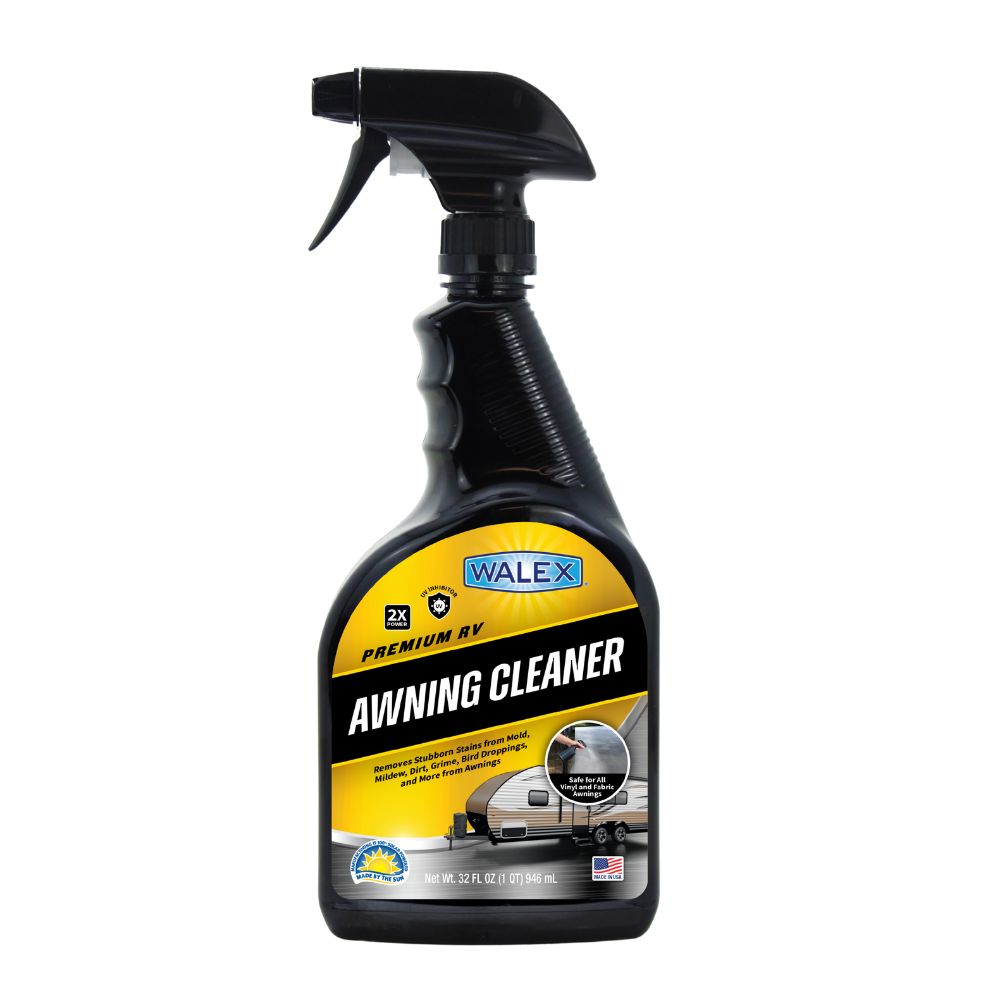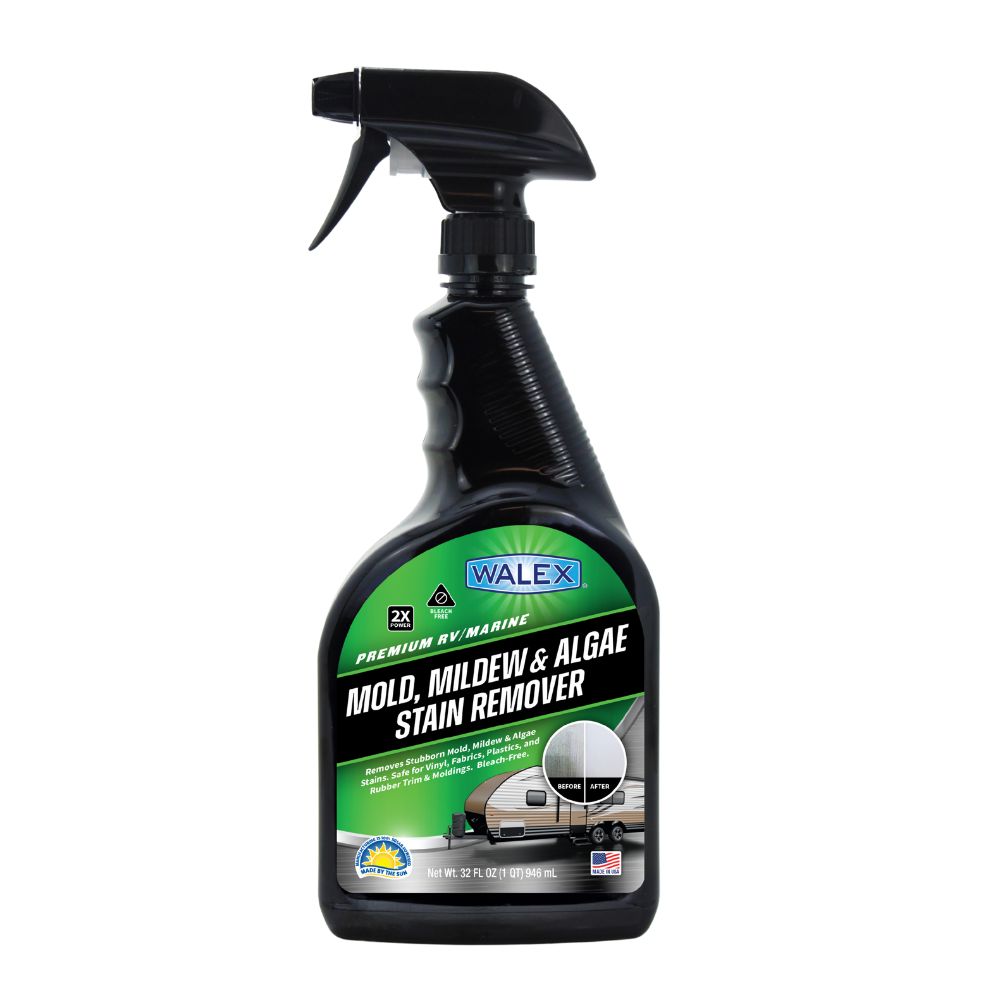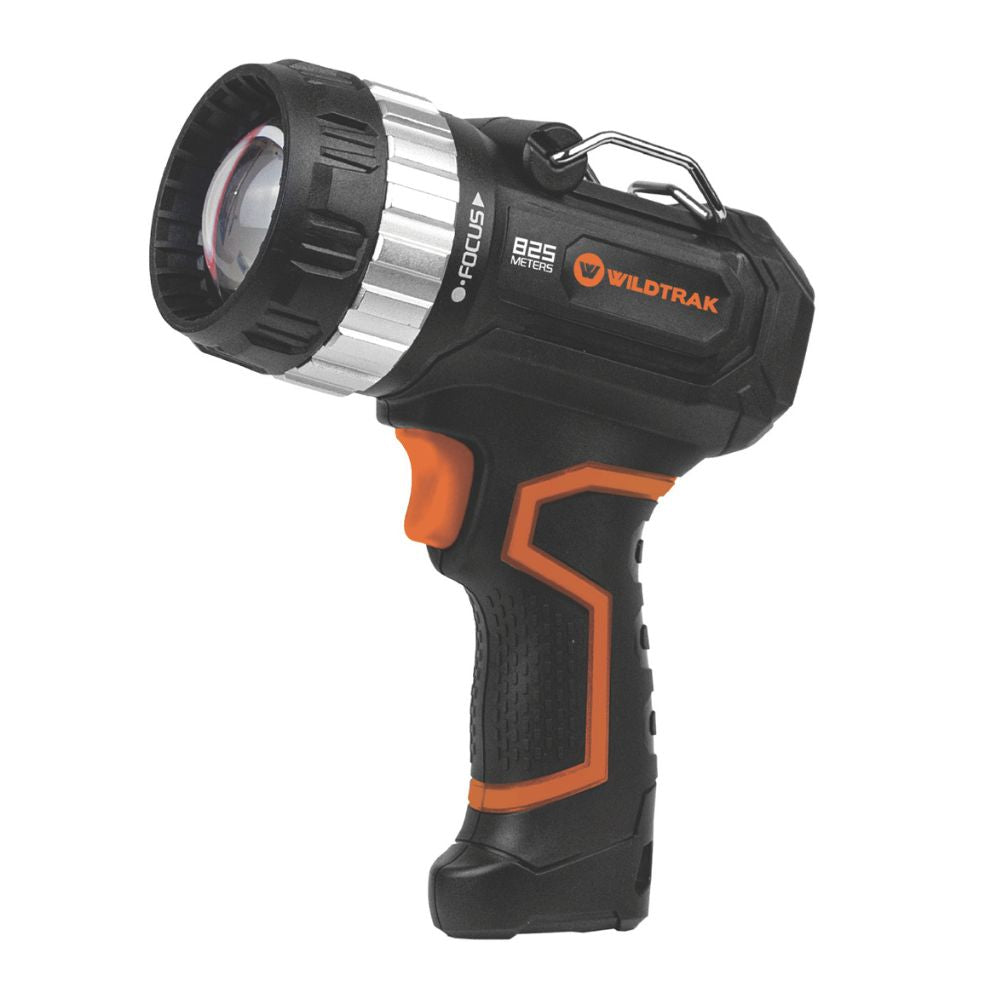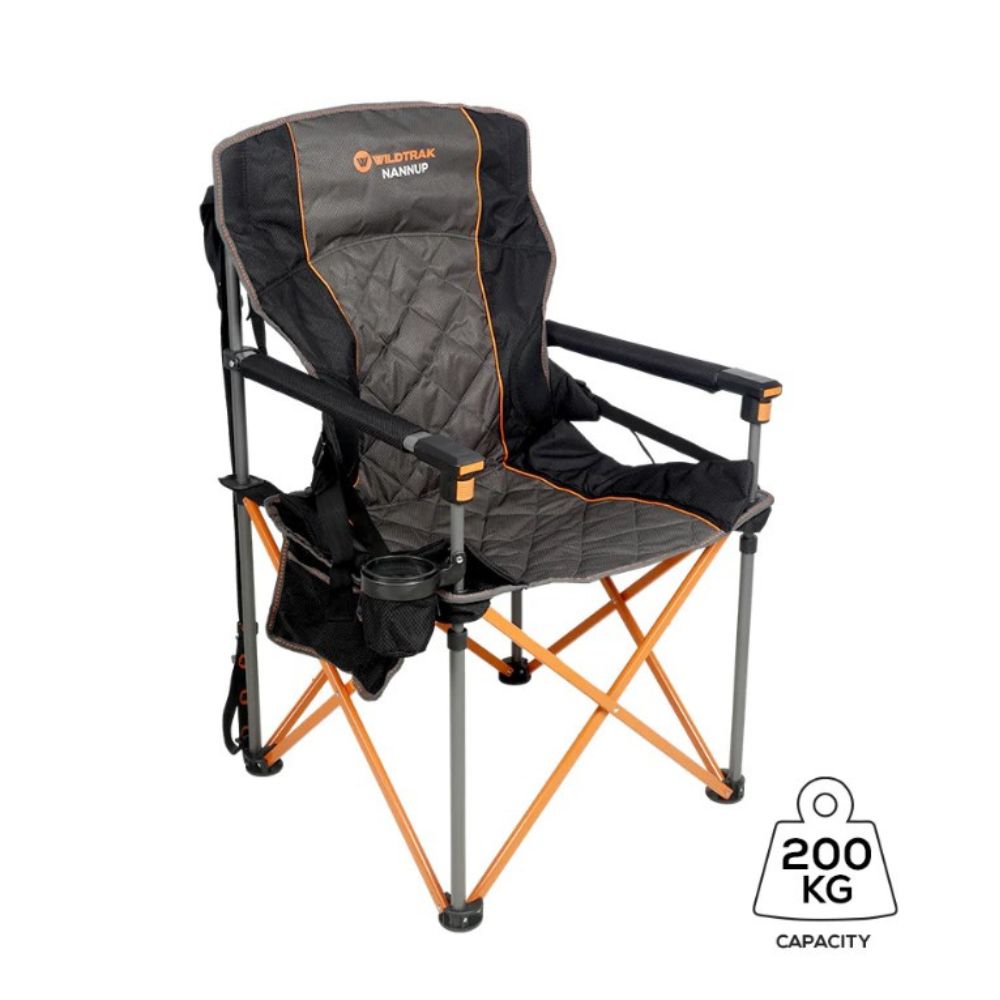
If there’s one thing all new caravanners find daunting at first it’s towing. Especially if you’ve never done it before. There are weight limits, towing capacities, emergency brakes and more. Plenty to overwhelm even a seasoned traveller!
We’re not here to tell you towing is easy — it takes time and practice just with any skill.
There’s a whole lot of knowledge out there but we’re breaking down the most common tips and tricks to make your towing safe.
We’re sure you’ve already come across a whole lot of confusing acronyms when it comes to caravan towing so we have made a handy list of key definitions:
- ATM —Aggregate Trailer Mass. This is set by the manufacturer and is the maximum weight your trailer can be loaded to.
- GTM — Gross Trailer Mass. The weight of the fully loaded trailer when hooked up to your vehicle.
- GVM — Gross Vehicle Mass. This is set by the manufacturer and is the total your vehicle can weigh when fully loaded — you cannot exceed this.
- GCM — Gross Combination Mass is the weight of both the vehicle (GVM) and trailer (ATM)

Knowing your vehicle and caravan weight limits it the most important part of caravaning. It is essential for your safety and other road users.
Before any trip, head down to your local weight bridge to check your Gross Combination Mass.
- When hitched, weigh your caravan to find the Gross Trailer Mass.
- Unhitch your caravan to check your vehicle is within its Gross Vehicle Mass.
- Weigh your unhitched trailer to check the Aggregate Trailer Mass to make sure you’re not over the limit.
- The overall weight of your caravan and vehicle loaded is the Gross Combination Mass.
You must check your vehicle and caravan weights regularly against the limits supplied by manufacturers. If you’re under the maximum weight limits, great work!
If not, you might need to look at either upgrading your vehicle or changing caravans to ensure safety.
Checking your vehicle and caravan mass isn’t the only pre-trip safety check you should be doing. You also need to make sure you have the right accessories to ensure a safe towing journey.
- Ball Weight — Having the correct ball weight is critical to towing your caravan safely. The ball weight is the amount of downward force exerted on the tow ball and must never exceed 7-15% of your ATM. You can check this with a Ball Weight Scale.
- Brakes — When towing your caravan you must have the correct brake system . Here the rules are crystal clear. If your caravan is less than 750kgs you do not need breaks. If it is 750kgs to 2000kgs, you must have overrun or electric brakes. If it exceeds 2000kgs you must have a break system that can be operated from the driver’s seat.
- Mirrors — Having clear visibility around your vehicle and caravan is incredibly important. This is where mirror extenders are essential. They come in a variety of types so pick one that suits your vehicle best. They are also a legal requirement.

While all this might be overwhelming, especially to a beginner, it will become second nature as you begin your caravan journey. Remember the rules are there to ensure your safety.
Here are a few general tips to keep in mind wherever towing:
- Always drive to road conditions
- Use a weight distribution hitch to give you greater control and performance
- Review your tyres for any wear and tear, especially if you have been offroad
- Make sure all jockey wheels and windows are secure
- Inspect your breakaway cable every trip
- Check your turning signals and breaks regularly
With all this in mind, you’ll be a caravan towing pro in no time. Remember to practise around your local area before heading off. There are even companies that offer caravan towing courses — we highly recommend one especially if you have never towed before.
After all, practice makes perfect.
Caravan towing still got you confused? Feel free to contact one of our experts today or check out our knowledge centre.






